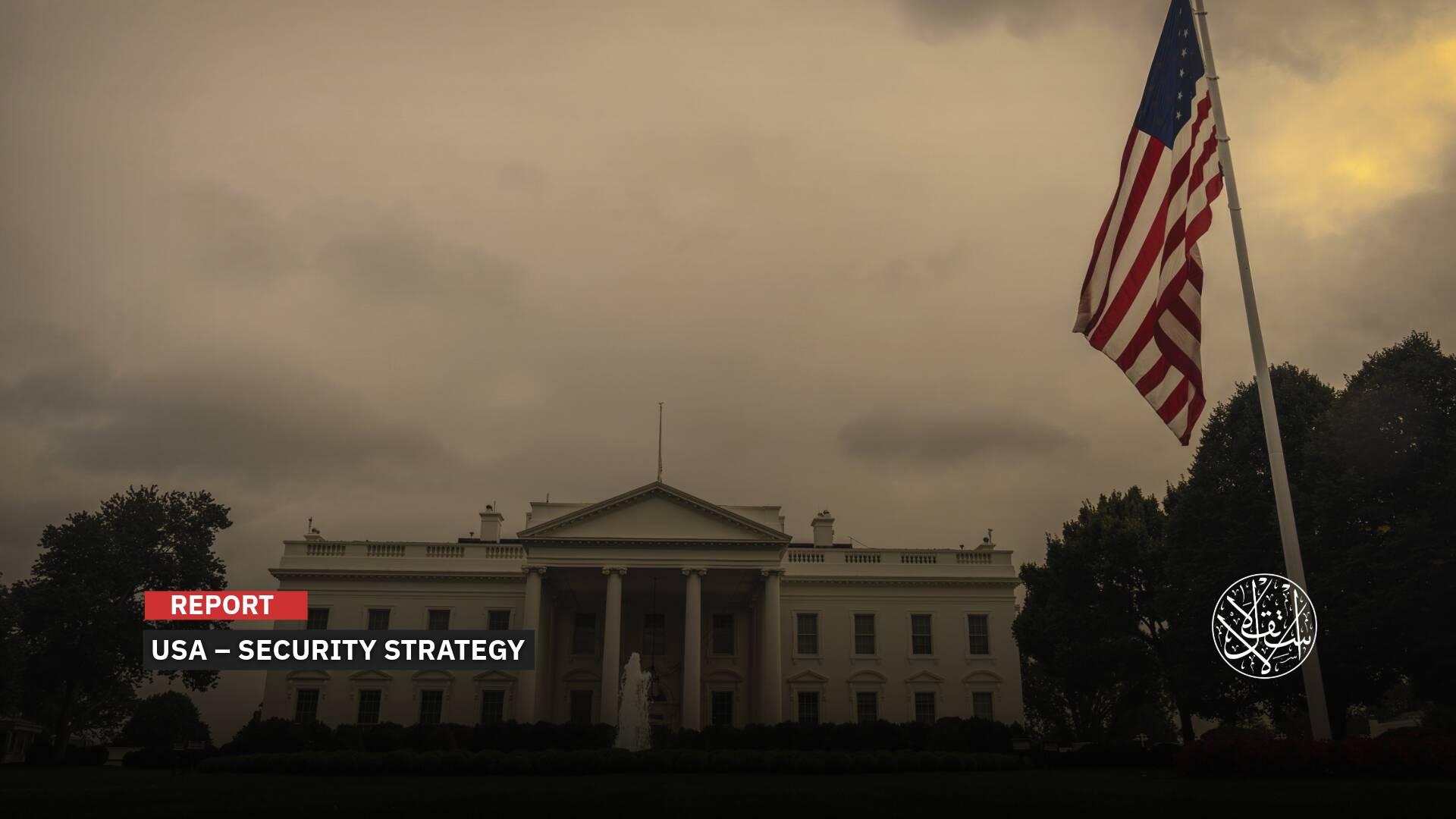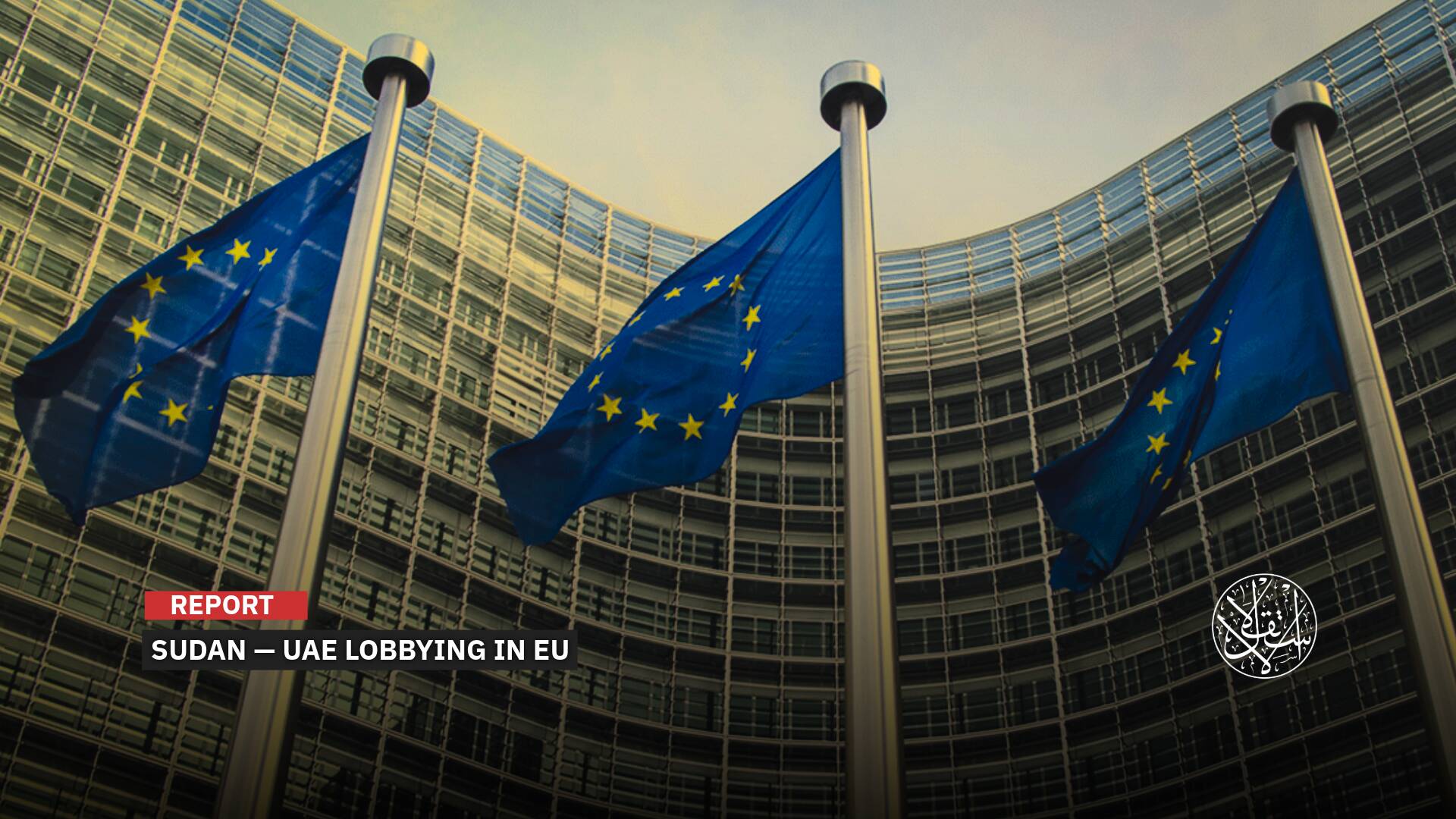This Is Why Governments Oppose Digital Currencies

An Iranian website sheds light on the popular cryptocurrency market recently, and the positions of major countries, such as China and Turkey, as well as the United States, and the future prospects for this market.
In an article by the expert on Middle East affairs, Ramin Fakhari, the “Iran Diplomatic” website discussed the impact of the popularity of digital currencies on the global economy and its relationship to the dollar as a global currency, and why many countries oppose digital currencies? What is the difference in people's and governments’ views?
It is Clear
Fakhari said that recently, there has been news about placing restrictions on digital currency users in China In fact, Turkish President Recep Tayyip Erdogan spoke about digital currencies, while former US President Donald Trump was against accepting them. His predecessor Joe Biden also was against its use; he gathered nearly 30 countries to prevent the use of digital currencies.
The writer asked, “why do state officials not accept digital currencies while they are very popular?” He answered at the same time to say that “it must be said that we have two dimensions in international relations, the first is economy, and the second dimension is the permanent impact on the first dimension, which is the security dimension.”
He explained that “governments are forced to look at things from top to bottom because of their inevitable nature, and the government puts security affairs in priority from its point of view, but when looking from the bottom up, the people's view of matters, especially the economic ones, is highlighted.” In fact, “security is less important to ordinary people.”
The writer called for generalizing digital currencies, as they, from the point of view of governments, have a special nature, working to remove the commercial operations of individuals from under the control and monitoring of the government.”
He pointed out that “this matter could lead to an increase in money laundering, black markets, tax evasion and capital flight, and facilitate the sale and purchase of weapons, and drug smuggling.”
Fakhari stressed that “the situation of digital currencies is tainted by another danger, which is the uncontrollable rise in their prices, in addition to that it may increase the governments' concern regarding penetration or banning the property of their citizens following this matter.”
Competition Case
Concerning America, digital currencies can reduce the importance of the dollar's exchange at the global level.
The Iranian writer also talked about China and its government's efforts to restrict its citizens’ interactions regarding digital currencies, noting that about 1.4 billion people live in China.
Fakhari said that if every citizen in this country invests $100 annually in digital currencies, and without taking into account potential risks such as price drops, hacking, and bans, there will be approximately $100 billion annually in state investments that have entered the cryptocurrency market.”
He continued to say that this number may not be worth consideration for China's economy, but there are potential risks when expanding into digital currencies, especially that China is trying to make the yuan in competition with the dollar, and therefore digital currencies can affect the local economy to some extent.”

The other point is that the cryptocurrency market is still small, but in the future digital currencies can be exchanged for dollars, and it is offered as an alternative to dollars or yuan.
But all the aforementioned matters are against the citizens of China, and it is obvious that if the US government seeks to control the cryptocurrency market, Beijing will compete with Washington in this field as well.
Attractive Market
“There is another matter of paradoxes between digital currencies and local currencies, which is that the printing of banknotes for local currencies is at the disposal of the government, but the extraction of digital currencies is at the disposal of anyone who controls the extraction device,” the Iranian writer explains.
Fakhari said: “If we do not look at the issue of digital currencies through the eyes of the government, and we look from the point of ordinary people’ view, we will find that its market is very attractive in terms of increasing prices with a new system for financial exchanges, and it can facilitate financial exchanges, buying and selling.”
“In general, it can be said that ordinary people's view of the phenomenon of digital currencies differs with that of governments,” he added.
It was also reflected in the media forums that the cryptocurrency exchange is in the process of verifying the identity of its users, and this is causing some restrictions for users in some countries, including Iran, Singapore, and others.
The writer considered that “digital currencies will enjoy greater financial transparency in the event that the identity authentication process must be further expanded in other digital currency trading platforms, and it can be exploited alongside the dollar, yuan and other currencies for global and internal financial exchanges for countries.”
Fakhari concluded his article by saying: “Governments’ entry into the digital currency market will reduce their sensitivity to this matter, but in the event that their use becomes more widespread, and they are completely replaced by local currencies, it is obvious that governments will try to control them.”









